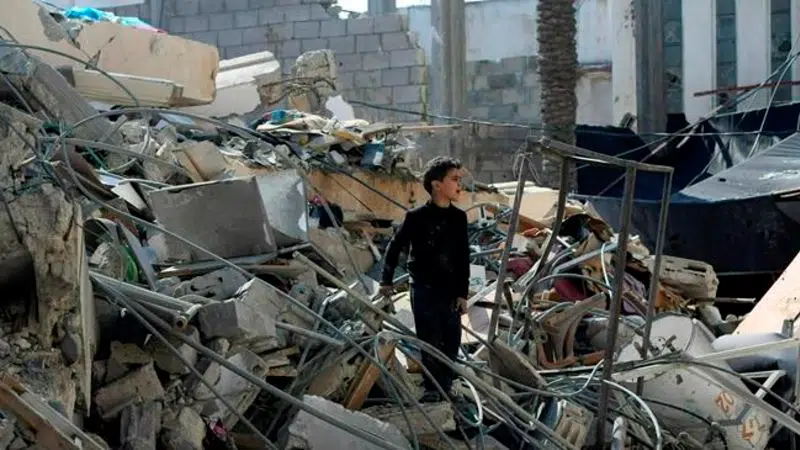
Hamas tightens grip on Gaza, fails to break Israel blockade
GAZA, Palestinian Territory — Over the weekend, Gaza’s Hamas rulers marked a year of bloody, weekly protests that have failed to break the Israeli blockade. Rocket attacks brought a wave of Israeli airstrikes and unprecedented protests broke out against the Islamic militants’ increasingly unpopular rule.
And yet Hamas’ control over Gaza is tighter than ever.
The militants’ rule has been strengthened by an unlikely overlap of interests with Israel’s right-wing government. Neither wants to see an independent state established in all the West Bank, Gaza Strip and east Jerusalem, as the resolution of the Israeli-Palestinian conflict. And Hamas’ refusal to give up power — the asking price of its West Bank-based Palestinian rival for reconciliation — aligns with Israel’s long-standing policy of maintaining a separation between the West Bank and Gaza.
